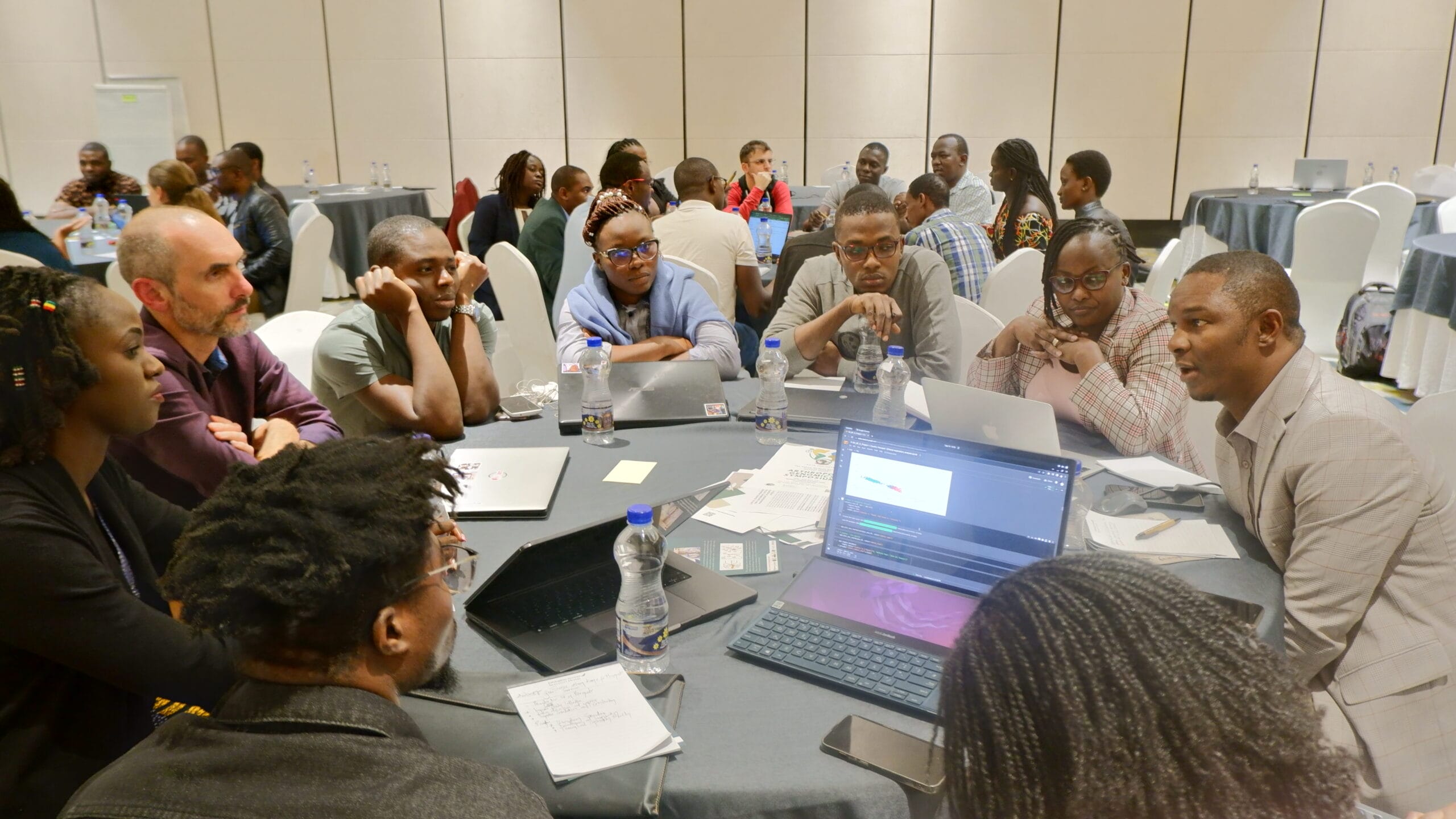Create a global hub
The MalariaGEN community is building genomic data resources to answer questions on how genome variation in human, Plasmodium and Anopheles populations affects the biology and epidemiology of malaria. Genomic epidemiology is shedding light on the key molecular processes of the disease and informing public health decisions on how to control malaria.
Facilitate partnerships
MalariaGEN provides a platform for large-scale collaborative studies and has over 200 partners, each with independent scientific objectives, in more than forty countries. For many studies, partners access large-scale high throughput sequencing facilities at the Wellcome Sanger Institute. In other instances, sequencing can be done in-country. In either case, the data are curated, standardised and brought together under a single data-sharing framework.
Amplicon sequencing
Amplicon sequencing is a key technique that can accelerate and simplify variant detection. If a mutation in a particular part of a genome is known to be associated with some type of resistance, then we can focus on only sequencing that region. Using simple PCR amplification methods to create short sequences of DNA (amplicons) with barcodes, partners can pool different samples to detect emerging variants. This saves valuable time and resources, and is much faster than whole genome sequencing.
Curate large-scale data
MalariaGEN’s multidisciplinary team, which includes bioinformaticians, data scientists, statisticians, and geneticists, turn raw genomic sequences into high-value, analysis-ready data resources. The data for each project is filtered and annotated, with information on sequence alignments, variant calls, and haplotypes. We also include population-level data such as allele frequencies and maps of the distribution and spread of resistance mutations. This high-quality curated data is freely accessible and can offer definitive answers to important scientific and operational questions.
